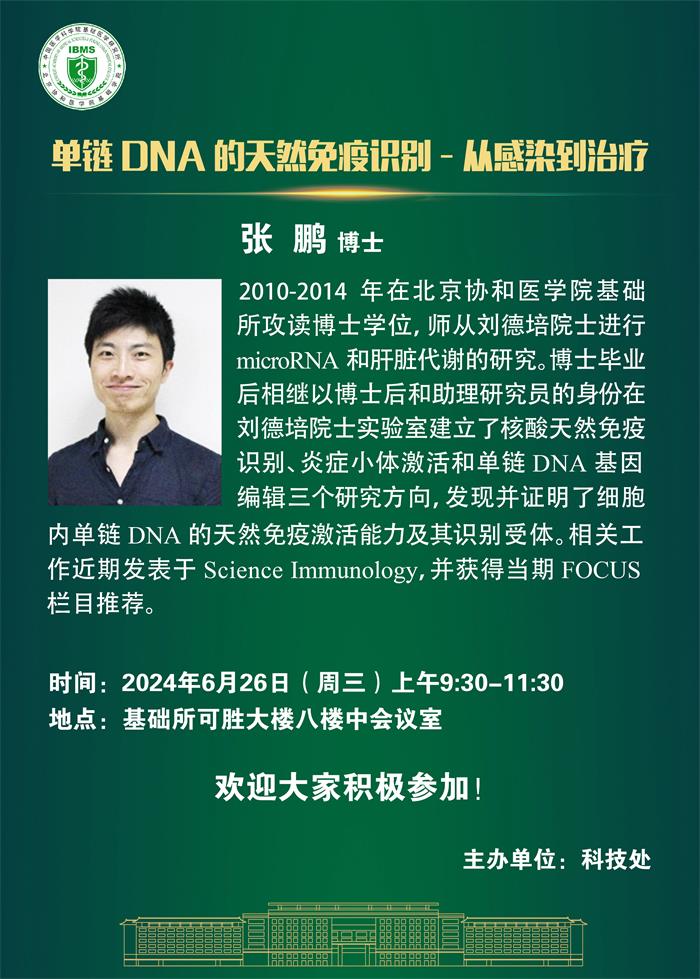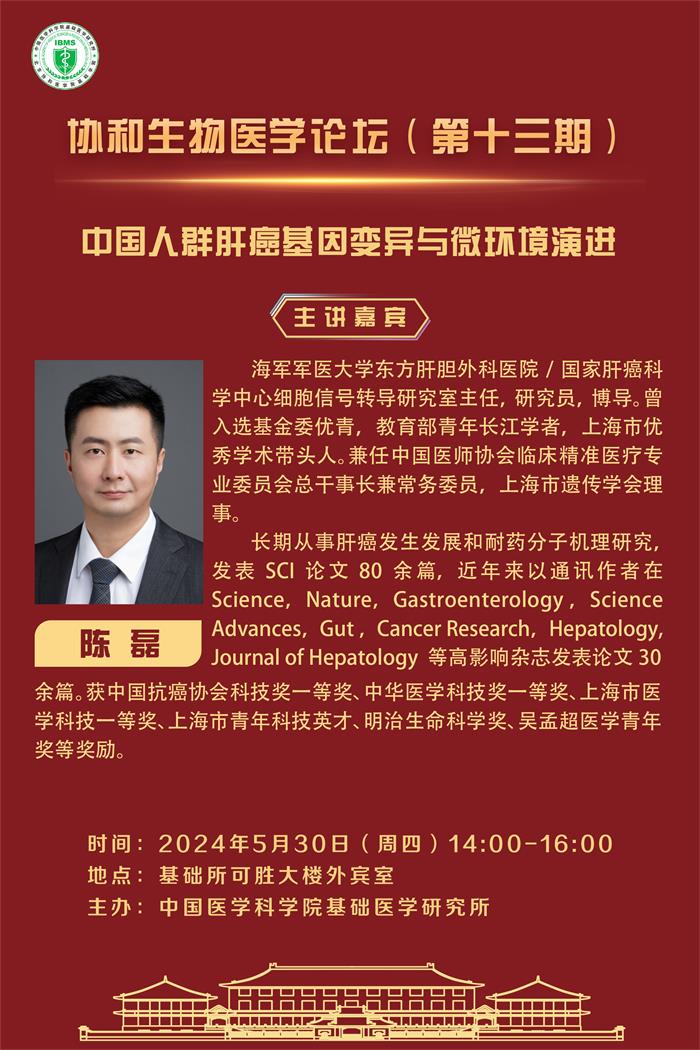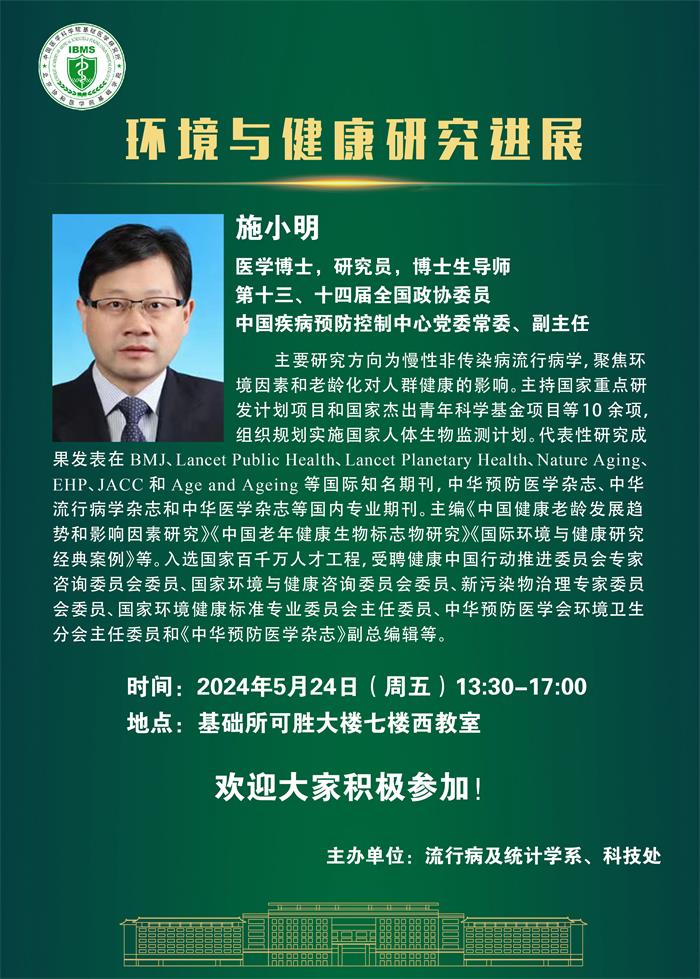The methyltransferase NSD3 promotes antiviral innate immunity via direct lysine methylation of IRF3.
Wang C1,2, Wang Q3, Xu X1, Xie B3, Zhao Y4, Li N5, Cao X6,2,3.
J Exp Med. 2017 Nov 3. pii: jem.20170856.
PMID: 29101251
Abstract
Lysine methylation is an important posttranslational modification, implicated in various biological pathological conditions. The transcription factor interferon regulatory factor 3 (IRF3) is essential for antiviral innate immunity, yet the mechanism for methylation control of IRF3 activation remains unclear. In this paper, we discovered monomethylation of IRF3 at K366 is critical for IRF3 transcription activity in antiviral innate immunity. By mass spectrometry analysis of IRF3-associated proteins, we identified nuclear receptor-binding SET domain 3 (NSD3) as the lysine methyltransferase that directly binds to the IRF3 C-terminal region through its PWWP1 domain and methylates IRF3 at K366 via its SET domain. Deficiency of NSD3 impairs the antiviral innate immune response in vivo. Mechanistically, NSD3 enhances the transcription activity of IRF3 dependent on K366 monomethylation, which maintains IRF3 phosphorylation by promoting IRF3 dissociation of protein phosphatase PP1cc and consequently promotes type I interferon production. Our study reveals a critical role of NSD3-mediated IRF3 methylation in enhancing antiviral innate immunity.





